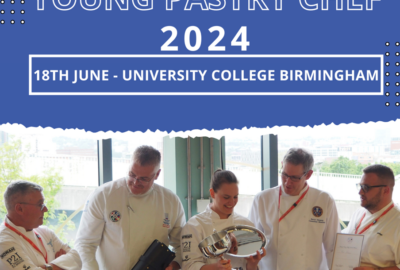The UK education sector is generating £250million worth of food waste a year, according to new research.
This amounts to a staggering 336 tonnes of food waste every day across nurseries, schools, colleges and universities.
The University Caterers Organisation (TUCO) commissioned the independent study, gathering insights from caterers, chefs and managers from across the country.
The resulting findings revealed a number of key barriers to tackling the challenge of waste and highlight that the time for action is now – with 123,000 tonnes of food waste being generated every year in the sector.
TUCO’s member universities are at the forefront in the search for practical solutions to the scandal of food waste and are innovating their own food waste reduction initiatives.
Food waste is a UK-wide problem but the report highlights that there is not a single, joined-up response to this; indeed in England the lack of clear legislation is leaving caterers behind their Welsh and Scottish counterparts. Scotland has just announced an ambitious food waste reduction target of 33% by 2025, the first to do so in Europe. The research shows that a massive 91% of respondents want more regulation.
Commenting on the findings, TUCO’s chief operating officer Mike Haslin said: “TUCO is committed to supporting not only its members, but the wider foodservice sector, to drive forward-thinking approaches to the way we manage our resources.
“This study shows, for the first time, the true picture of the challenge the education sector faces in tackling food waste.”
One of the key findings defined by the research is the urgent necessity to challenge and change the attitudes of both staff and students in this current ‘throw-away’ culture of waste. For example, 52% of customers don’t clear their plate but 100% of student respondents agreed it is important to reduce food waste. One site has harnessed this simply by letting students know that they don’t need to overload their plates and can return for more. This has seen food waste reduced from 25-30kg per night to 10-15kg – highlighting that communication is the key.
56% of staff are unhappy with the way food waste is collected and 95% of staff do engage in food waste reduction initiatives, for example, by providing weekly updates on menus in the form of quirky statistics and positive messages.


